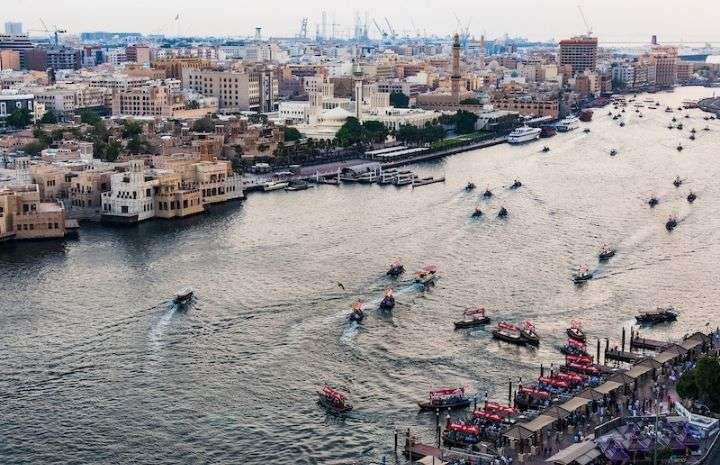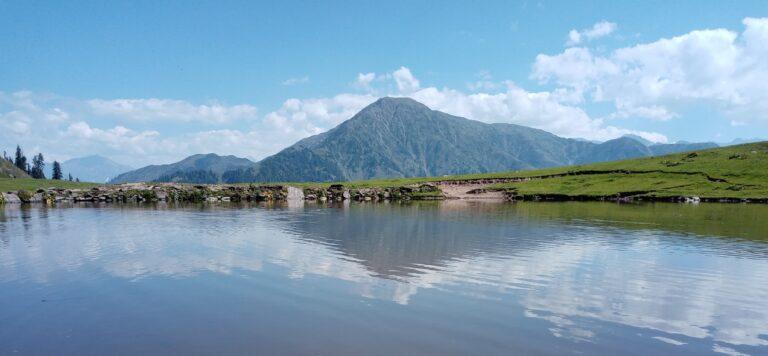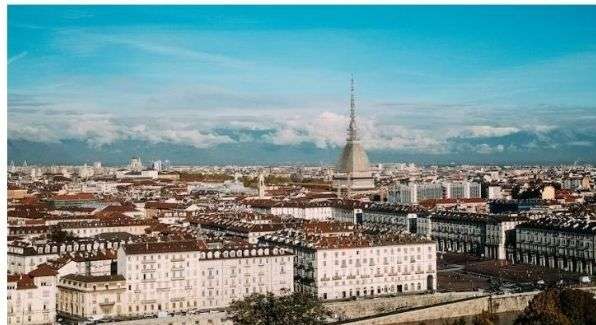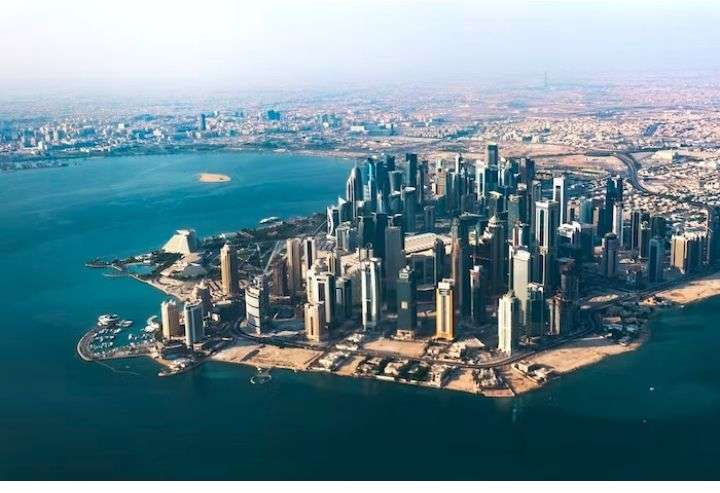Tokyo, the vibrant and bustling capital of Japan, is a city that seamlessly blends modernity with tradition. From futuristic skyscrapers to historic temples, Tokyo offers a diverse range of experiences for every type of traveler. In this tokyo travel guide, we’ll explore some of the must-visit places in Tokyo, ensuring that your visit to this dynamic metropolis is both memorable and enriching.
Contents
Tokyo Tower:
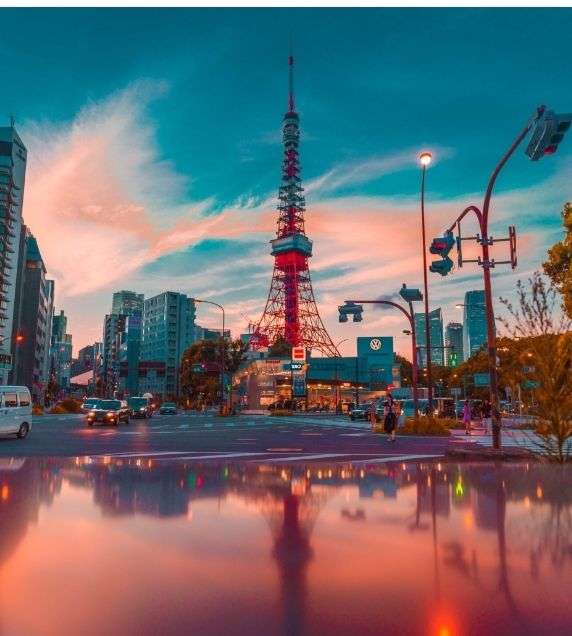
A symbol of Tokyo’s skyline, the Tokyo Tower stands tall as an iconic landmark. Offering panoramic views of the city, the tower is especially enchanting during the evening when it is illuminated. Visitors can also explore the Foot Town entertainment complex at the base, which houses shops, cafes, and a wax museum.
Senso-ji Temple:
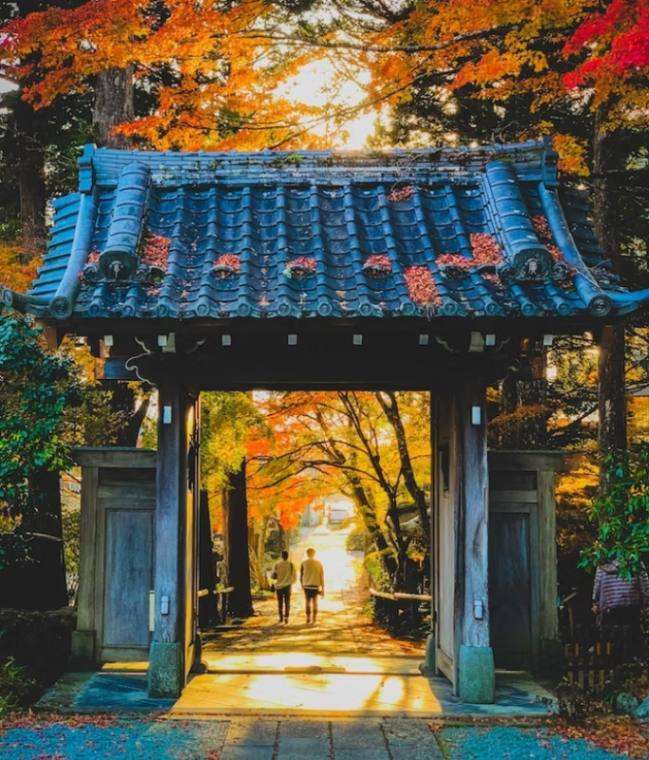
Located in the historic Asakusa district, Senso-ji is Tokyo’s oldest temple and a significant cultural site. The Thunder Gate (Kaminarimon) marks the entrance to the temple, leading to Nakamise Street, a bustling market offering traditional snacks and souvenirs. The main hall and pagoda provide a serene escape from the urban hustle.
Shibuya Crossing:
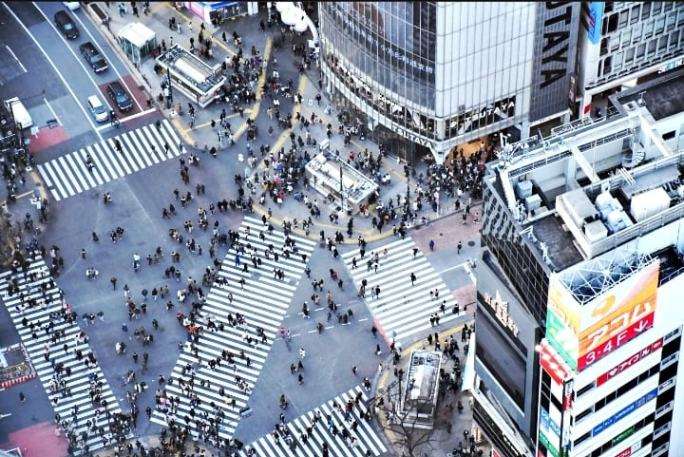
Known as the busiest pedestrian crossing in the world, Shibuya Crossing is an iconic Tokyo experience. The sheer magnitude of people crossing the street during rush hour is a sight to behold. Visit one of the surrounding cafes to witness the organized chaos from above, creating a mesmerizing visual spectacle.
Meiji Shrine:
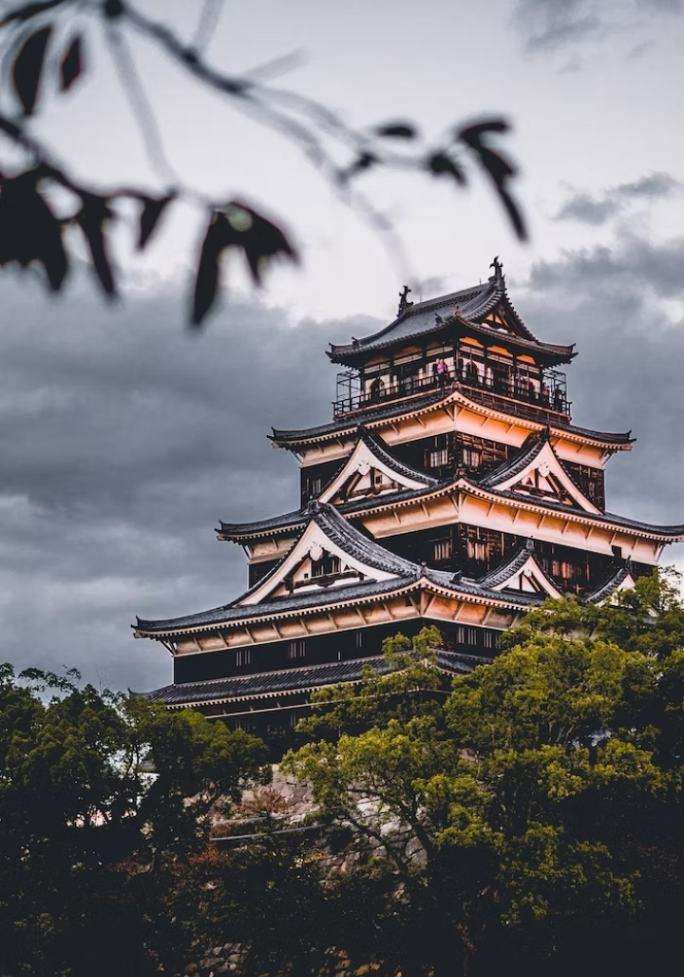
Nestled in Shibuya, the Meiji Shrine is a tranquil oasis surrounded by lush forest. Dedicated to Emperor Meiji and Empress Shoken, the shrine offers a peaceful escape from the city’s noise. Visitors can participate in traditional Shinto rituals, such as writing wishes on wooden plaques or purchasing charms for good luck.
Tsukiji Fish Market:
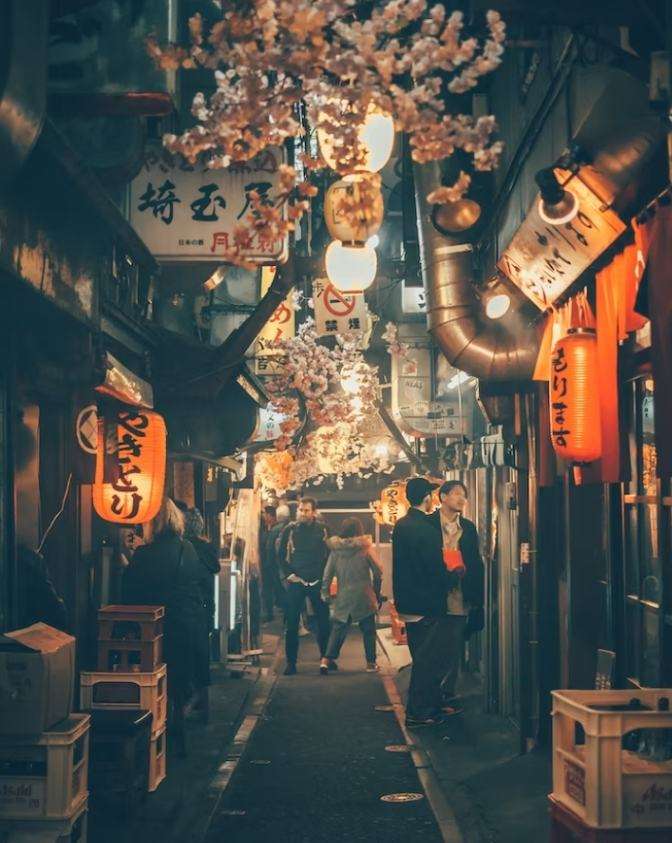
A paradise for seafood enthusiasts, the Tsukiji Fish Market is a food haven where you can savor the freshest sushi and sashimi. While the inner wholesale market has moved to Toyosu, the outer market remains a bustling culinary destination. Don’t miss the opportunity to indulge in a delectable seafood breakfast.
Akihabara – Electric Town:

For tech enthusiasts and anime/manga fans, Akihabara is a must-visit district. Known as Electric Town, Akihabara is a hub for electronics, anime merchandise, and themed cafes. Immerse yourself in the vibrant subculture of otaku (anime and manga fandom) while exploring the numerous shops and entertainment centers.
Odaiba:
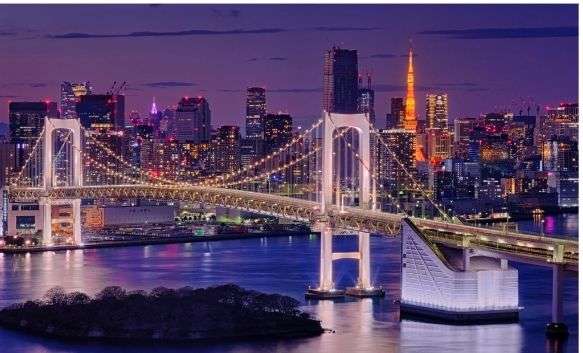
An artificial island in Tokyo Bay, Odaiba offers a mix of entertainment, shopping, and futuristic architecture. Highlights include the teamLab Borderless digital art museum, the life-sized Gundam statue, and Palette Town’s shopping and entertainment complex. Odaiba provides a unique blend of modern attractions against a scenic waterfront backdrop.
Ueno Park:
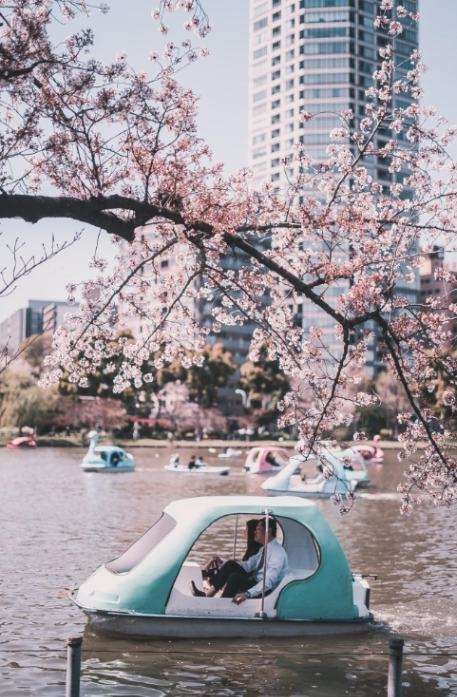
Ueno Park is a sprawling green space that houses several museums, a zoo, and cherry blossom-lined walkways. Visit the Tokyo National Museum to explore Japan’s rich cultural heritage or relax by the Shinobazu Pond. Ueno Park is particularly stunning during cherry blossom season when the entire area is adorned in delicate pink blooms.
Conclusion:
Tokyo, with its harmonious mix of tradition and innovation, offers a travel experience like no other. Whether you’re captivated by the neon-lit streets of Shibuya or find solace in the serene gardens of Meiji Shrine, Tokyo’s diverse attractions cater to all interests. Embrace the unique energy of this metropolis, and you’ll undoubtedly leave with cherished memories of a city that constantly evolves while honoring its rich heritage.
Frequently Asked Questions (FAQs) about tokyo travel guide
- Q: How expensive are entrance fees to attractions in Tokyo?
A: Entrance fees vary, but on average, expect to pay between ¥500 to ¥3000 per person. Major attractions like Tokyo Disneyland may have higher fees. Many museums and temples offer discounts for children and seniors. - Q: Is Tokyo safe for solo women travelers or families?
A: Yes, Tokyo is generally considered very safe for both solo women travelers and families. The city has low crime rates, efficient public transportation, and a strong emphasis on politeness and order. - Q: Are hotels in Tokyo safe and accommodating for families?
A: Yes, hotels in Tokyo are known for their safety and hospitality. Look for family-friendly accommodations that provide amenities such as adjoining rooms, childcare services, and facilities for children. - Q: What is the average cost of accommodation in Tokyo?
A: Accommodation costs vary based on the type of lodging. Budget hotels and hostels can start at around ¥5000 per night, mid-range hotels range from ¥8000 to ¥20,000, while luxury hotels can exceed ¥30,000 per night. - Q: Are there affordable eating options in Tokyo for families?
A: Yes, Tokyo offers a wide range of dining options for every budget. Street food stalls, local izakayas, and noodle shops can provide affordable yet delicious meals. Supermarkets and convenience stores also offer cost-effective food options. - Q: Are there vegetarian or family-friendly restaurants in Tokyo?
A: Yes, Tokyo caters to various dietary preferences. Look for restaurants with vegetarian options, and many places are accommodating to families. Larger districts like Shibuya and Shinjuku have diverse dining options. - Q: Can I find budget-friendly eating options in Tokyo?
A: Absolutely. Tokyo has many budget-friendly eateries, especially in areas like Ueno, Asakusa, and Harajuku. Street food markets and local cafes are great places to find affordable and tasty meals. - Q: Are credit cards widely accepted in hotels and restaurants?
A: In major hotels and restaurants, credit cards are widely accepted. However, it’s advisable to carry some cash, especially in smaller establishments and local markets. - Q: How much should I budget for daily expenses in Tokyo?
A: Daily expenses vary, but a moderate budget for a solo traveler could be around ¥10,000 to ¥20,000, including accommodation, meals, and transportation. Families may budget accordingly based on their needs. - Q: What precautions should solo women travelers take in Tokyo?
A: While Tokyo is generally safe, it’s essential to practice standard safety precautions. Avoid poorly lit areas at night, stay aware of your surroundings, and secure your belongings. Japanese locals are helpful and respectful, so don’t hesitate to seek assistance if needed.
Remember to check current exchange rates, plan your itinerary in advance, and enjoy your time in the vibrant and welcoming city of Tokyo!
I’m originally from Manchester (England) but I currently live in New York. I started this travel blog all the way back in 2009 to provide travel advice that wasn’t available in the guidebooks.
Since then I’ve traveled to over 60 countries, a lot of the time, solo. My site is filled with destination guides, things to do, epic itineraries and money-saving travel tips. I hope I can inspire you to see the world!

